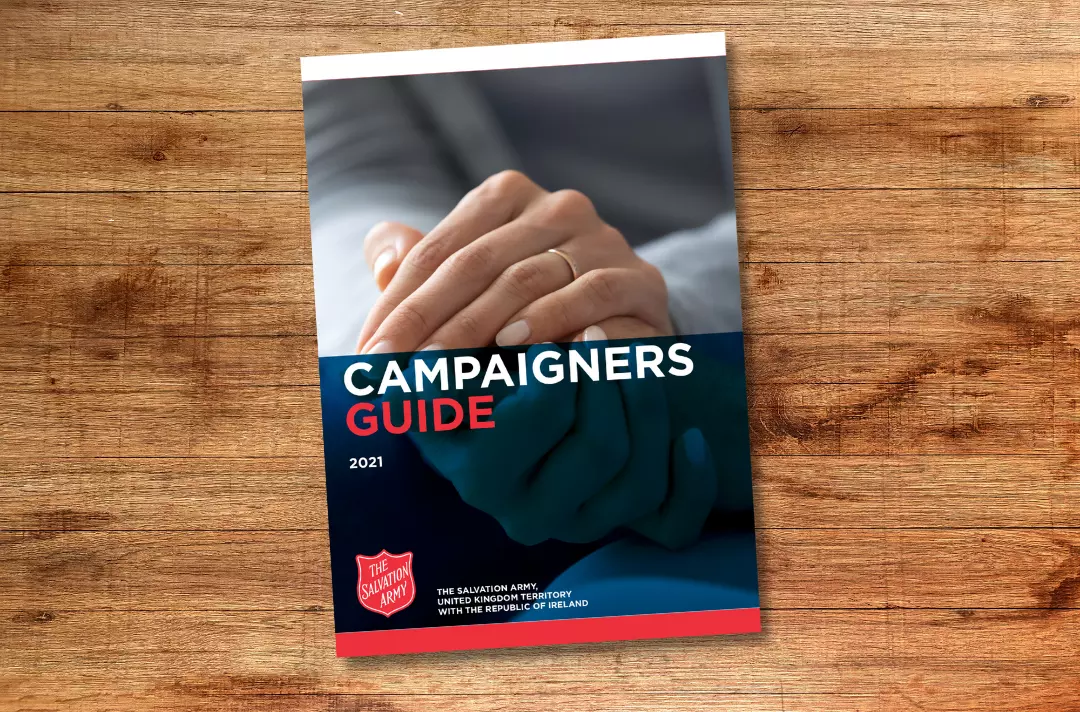20 June 2022
Five things you can do to help refugees
Major Nick Coke
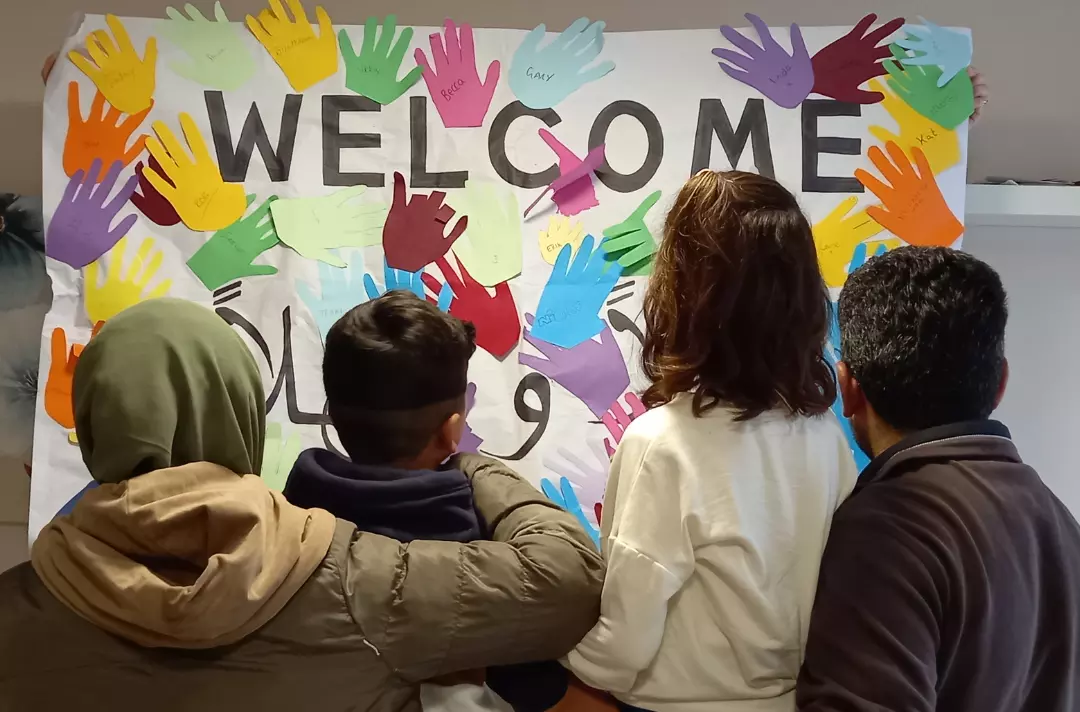
Refugee Response Co-ordinator Major Nick Coke shares how Salvationists and corps can put faith into action this Refugee Week.
Each year, Refugee Week celebrates the contributions, creativity and resilience of refugees and people seeking sanctuary. This year, Refugee Week runs from 20 to 26 June.
There have never been more people in history seeking sanctuary from war, persecution and conflict. Sometimes described as the ‘refugee crisis’, the global movement of significant numbers of people has increased in recent years due to conflict in Syria, Afghanistan and Ukraine.
The Salvation Army, recognising the vulnerability of people forced to flee their homes — many of whom are children — has been focused on finding ways to ‘welcome the stranger’ with Jesus-centred compassion.
Leaders, members and volunteers at corps and centres across the territory are working tirelessly to create communities that reflect the essence of welcome at the heart of the gospel.
As we have deepened this work, we have discovered that through welcome comes rich and deep transformation, both for those being welcomed and for those with the privilege of being the welcomer.
Here are five things you could explore this Refugee Week:
1. Prayerfully research the issue and ways you could respond
Use your personal devotions or set aside time in a corps worship meeting to learn more about refugees and asylum seekers, explore Scripture and ask God for wisdom to know how best to respond.
Try and use a range of resources, including news outlets from across the political spectrum, to seek a better understanding of the situation.
Recommended resources and sources of information
News and statistics:
From The Salvation Army:
- International Social Justice Commission Study Guide on Refugees and Asylum Seekers
- International Positional Statement on Refugees and Asylum Seekers
- Welcoming the Stranger: The Ethics of Migration – a webinar from the Moral and Social Issues Council
From other churches and Christian organisations:
- Why Should We Welcome the Stranger? – a Bible study from theologian Ian Paul.
- God with Us – worship resources on the theme of refugees, migration and sanctuary from Churches Together in Britain and Ireland.
2. Host or sponsor an individual or family
There are schemes for corps or individuals to host or sponsor refugees seeking sanctuary.
Community Sponsorship
This government scheme enables corps and groups to host a refugee family. Find out more on your government’s website:
You can also visit resetuk.org or download The Salvation Army’s Home from Home booklet.
Hosting refugees from Ukraine
- In the UK there is a specific Homes for Ukraine scheme to enable individuals to host Ukrainian refugees. The Salvation Army has become a strategic partner with Citizens UK to help match hosts with families. Please contact homesforukraine@salvationarmy.org.uk if you would like support.
- In Ireland, Ukrainians don’t require visas to enter the country. For information about how you can pledge accommodation and offer support to Ukrainian refugees, visit citizeninformation.ie.
3. Use your time, resources and talents
If your corps cannot commit to hosting a family, you could:
- Partner with other churches and organisations and see how your corps could help. You could also contact your local authority as they may co-ordinate the local response.
- Set up a ‘Corps Welcome Hub’ – a drop-in service and connection point for refugees and asylum seekers in your area. Corps Welcome Hubs are offering English classes, signposting people to good legal advice and trauma support, providing practical assistance with food, clothes and household items, and offering access to wifi. Speak to your divisional headquarters or contact communityservices@salvationarmy.org.uk if you want to explore this ministry.
- Join the Welcome Churches network for free resources and advice about how to make your corps a welcoming space for refugees and asylum seekers.
If, on a personal level, you feel refugee response is part of your vocational calling, research volunteering and employment opportunities with local and national refugee charities and agencies.
The Salvation Army is currently recruiting for my replacement as I take on a new appointment this summer. Find out more about the Refugee Response Manager role on salvationarmy.org.uk/jobs.
4. Make a donation
See if a local church, charity or nearby corps needs financial support for their refugee response.
Refugee charities are often small with limited funding opportunities. Those supporting groups of people that are not receiving news coverage, such as Afghans, would especially welcome support.
You can also donate to the territorial Ukraine crisis appeal: salvationarmy.org.uk/ukraine-crisis-appeal.
5. Raise your voice
When the UK government announced plans to send some asylum seekers and refugees arriving by boats to Rwanda, The Salvation Army issued a statement. It said:
‘As a church and charity with significant experience of working with people fleeing dangerous situations, we are very concerned that this plan will not ensure people have the appropriate care and support. This is not about processing paperwork; this is about supporting people who may well be traumatised.’
You may wish to write to your MP about this issue and use the Army’s statement as part of your response. The full statement is available on salvationarmy.org.uk.
For advice on how to hold a discussion with your local member of parliament, download the Campaigners Guide from our Public Affairs Unit.
If you are concerned about the rights of asylum seekers, you can access resources from Lift the Ban, a coalition of organisations, including The Salvation Army, that is calling on the UK government to allow people seeking refugee status to have the right to work.
What’s your next step?
Clearly, refugee response requires more than a week of our focus, but I pray this week will help challenge you to consider your response on a corps and personal level.
If you feel there are opportunities for your corps to respond, please speak to your corps officer. If you need further support, please contact us at THQ via communityservices@salvationarmy.org.uk.
You can also join The Salvation Army UKI Refugee Response Facebook group for updates, additional resources and to connect with other people across the territory.
Let’s pray
Here’s a prayer from Churches Together in Britain and Ireland:
In our quest for peace, we seek your guidance, Lord, to strive for justice. Our common home is divided by fear and misunderstanding, by greed and lack of compassion. Send your Holy Spirit to comfort the dispossessed, and to give us the wisdom to share their load. May we offer the migrant and the refugee dignity and fairness, love and the peace of Christ. Amen.
Written by

Major Nick Coke
Refugee Response Co-ordinator and Corps Officer, Raynes Park
Discover more
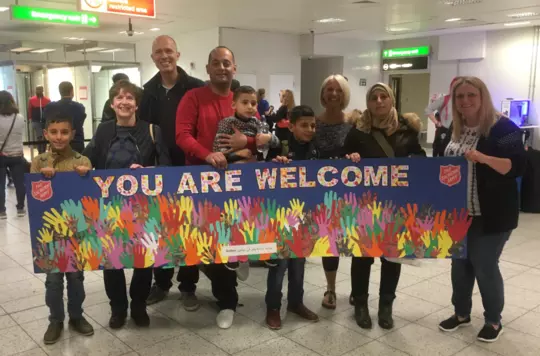
Refugee Response
Supporting and resourcing local expressions of The Salvation Army to help people seeking sanctuary.
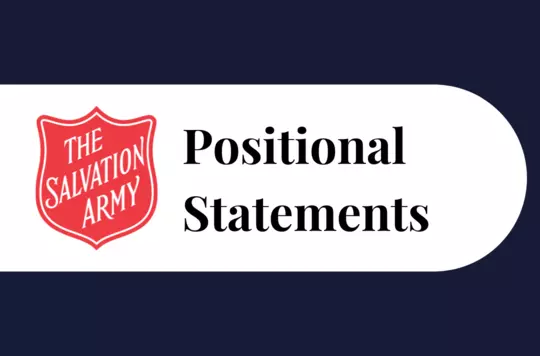
Refugees and Asylum Seekers
The Salvation Army's International Positional Statement on Refugees and Asylum Seekers.

Intercultural Welcome Resources
A collection of posters and flyers translated in a number of languages that can be used in your corps or centre.
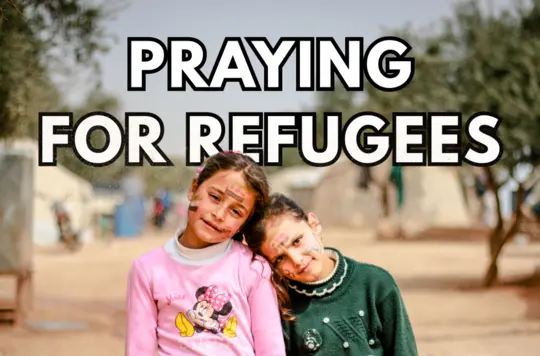
Praying for Refugees
Resources to lead prayers for refugees during gathered worship, in a meaningful and transformative way.
